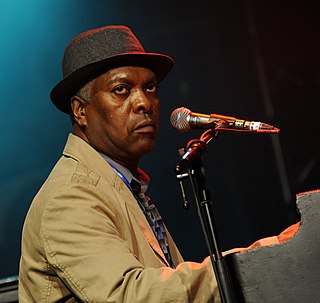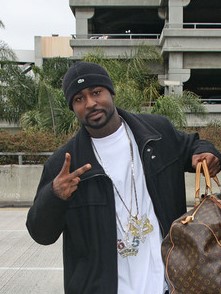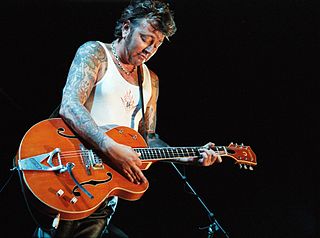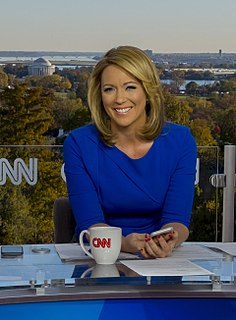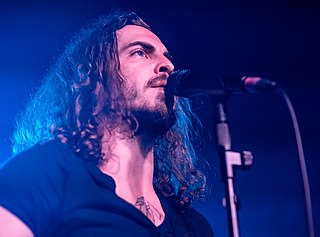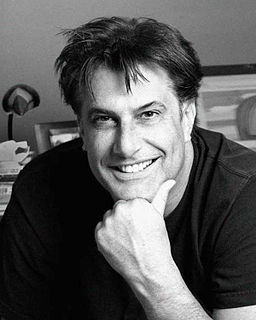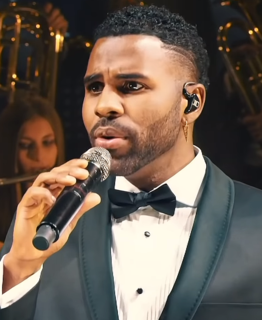A Quote by Tod Machover
I think from age 13, 14, 15, I thought, yes, this rich studio produced music is the future, but it can't be the future to go run away into the recording studio. How can we take that kind of complexity and richness and make it possible for people to touch it and play it live. That's what hyperinstruments are.
Related Quotes
I was extremely fortunate to live around the corner from a recording studio and to be chosen to have a paper route to make enough money to pay for the music lessons. I was one of the chosen few to have a job and to walk through the curtain at Stax Records was just an amazing thing for me to do at age 14.
I think that when you're in your twenties you think about your future, when you're in your thirties you're raising kids and you think about their future, but when you get to a time when you are diagnosed with any kind of life altering illness, what did you take away from it? And what I took away from it was how to live in the "now".
There's a lot of discussion about whether you should be a good live band or a good studio band. I think you can use the studio to make a great "studio record" and not necessarily have to reproduce exactly that on stage, but still be a great "live band." Having said that, if what you're going for is just the raw capture of your live sound, then that's cool, too - go for it! I enjoy working in the studio, though, and while I try to get near to an approximation of what's going on onstage, it's not my first priority usually.
I was 13 years old. I feel like I didn't have a sense of artistry, and I didn't have a sense of the music that I wanted to make, and every time I'd go into the studio, and I'd make my EP, a month later I'd scrap it and be like, 'I hate every song. I don't wanna do it.' Because that's how 13-year-olds are.

